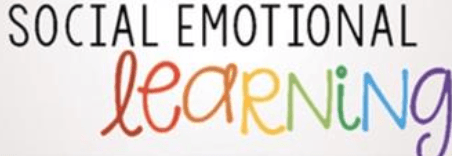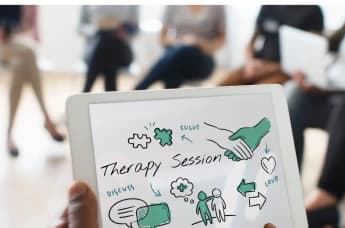Self-awareness is essential as it helps one to feel confidence, resilience, and purpose in life. Self-awareness leads to emotional control, better decision-making processes, and stronger relationships that provide for a more balanced and purposeful life.
In the frantic hustle of everyday life, self-awareness is missed out on, which helps in fostering individual and professional growth. This helps in solving the problems that are faced every day better as it enhances the understanding about one's thoughts, feelings, and actions. The article goes on to elaborate how self-awareness becomes a guiding compass in the midst of daily life hassles to reach an equilibrium and satisfaction in life.
What Is Self-Awareness?
Self-awareness is the ability to recognize how you feel, think, and act, as well as how those feelings, thoughts, and actions affect other people. It has two broad aspects:
Internal Self-Awareness: You are aware of your values, motivations, and emotional state.
External Self-Awareness: You have an awareness of how other people see you and of the effects of your actions on them.
These two dimensions combine together; you will have an entire view of yourself. More intentional and effective decision making will be achieved as well.
Benefits of Self-Awareness in Daily Life
1. Better Regulation of Emotions
You can recognize triggers and respond appropriately based on your self-awareness. You do not let stressful or angry emotions engulf you; instead, you think for a moment and reflect to give a balanced answer. For example, while you are having a really hectic day at work when you begin to feel like you are getting frustrated, you pause and recalibrate.
2. Improved Decision Making
Knowing your values and priorities will help you make decisions. Whether it's how to spend your time or whether or not to pursue a certain career, self-awareness can ensure that your decisions are intentional and meaningful.
3. Better Relationships
Knowing and understanding your emotions and behaviors can give you empathy and good communication. This helps navigate social interactions, resolve conflicts, and build deeper connections with others.
4. Improved Productivity
Self-aware individuals understand when they are great and what they do. Based on this understanding, you can change your routine to take better advantage of your strong moments.
5. Greater Resilience
Understanding your strengths and weaknesses helps you to resurface and bounce back with a growth mindset more flexibly in order to resolve problems more proactively.
Practical Applications to Developing Self-Awareness
1. Mindfulness Practice
Mindfulness involves staying present and observing your thoughts and emotions without judgment. Techniques like meditation, deep breathing, or simply taking a moment to pause can enhance self-awareness.
2. Keep a Journal
Writing down your thoughts, emotions, and experiences can provide valuable insights into patterns and triggers. Regular journaling encourages reflection and helps track personal growth.
3. Seek Feedback
Ask trusted friends, colleagues, or mentors for constructive feedback. How others see you may just highlight your blind spots and what you can improve.
4. Set aside reflection time
Take a few minutes each day to think about your actions and decisions. What did you do right? What can you do better? This is one of the habits that can improve self-awareness over time.
5. Identify Core Values
Clarifying your core values helps you align your actions with your beliefs. You can make decisions more easily and be authentic knowing what matters most to you.
Common Challenges in Developing Self-Awareness
Fear of facing weaknesses
You do not like the idea of facing weaknesses. Face this process with compassion toward yourself, considering challenges as opportunities for growth.
Difficulty in staying consistent
Self-awareness is a journey that never really ends. Set small goals for yourself to maintain consistency, and stay motivated.
Feedback Resistance
Constructive criticism is scary, but it's one of the most powerful growth tools. Open your mind, and learn from that feedback.
Conclusion
Self-awareness is essential as it helps one to feel confidence, resilience, and purpose in life. Self-awareness leads to emotional control, better decision-making processes, and stronger relationships that provide for a more balanced and purposeful life. Begin practicing it now and unlock the gateway for meaningful personal and professional progress.







